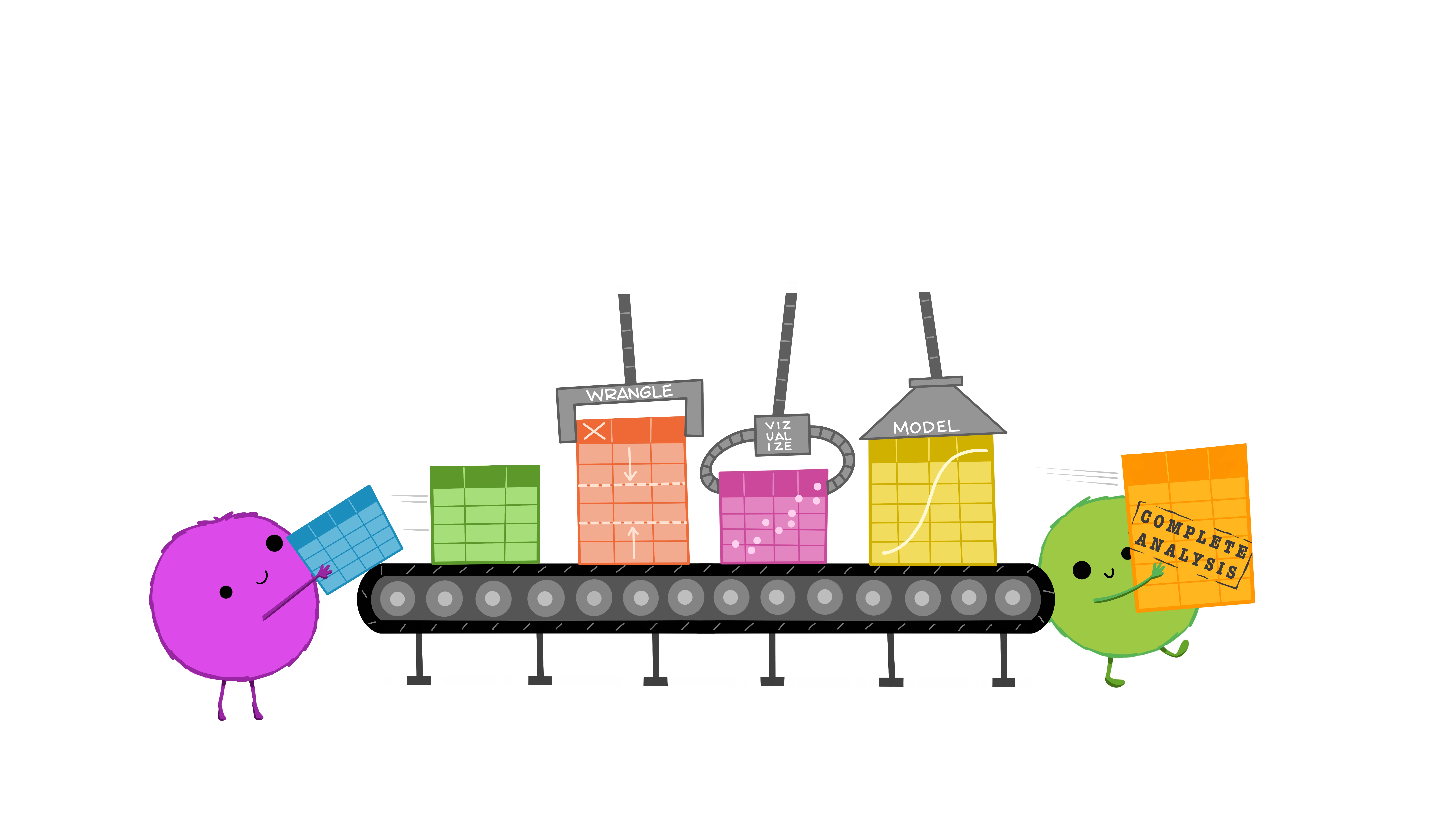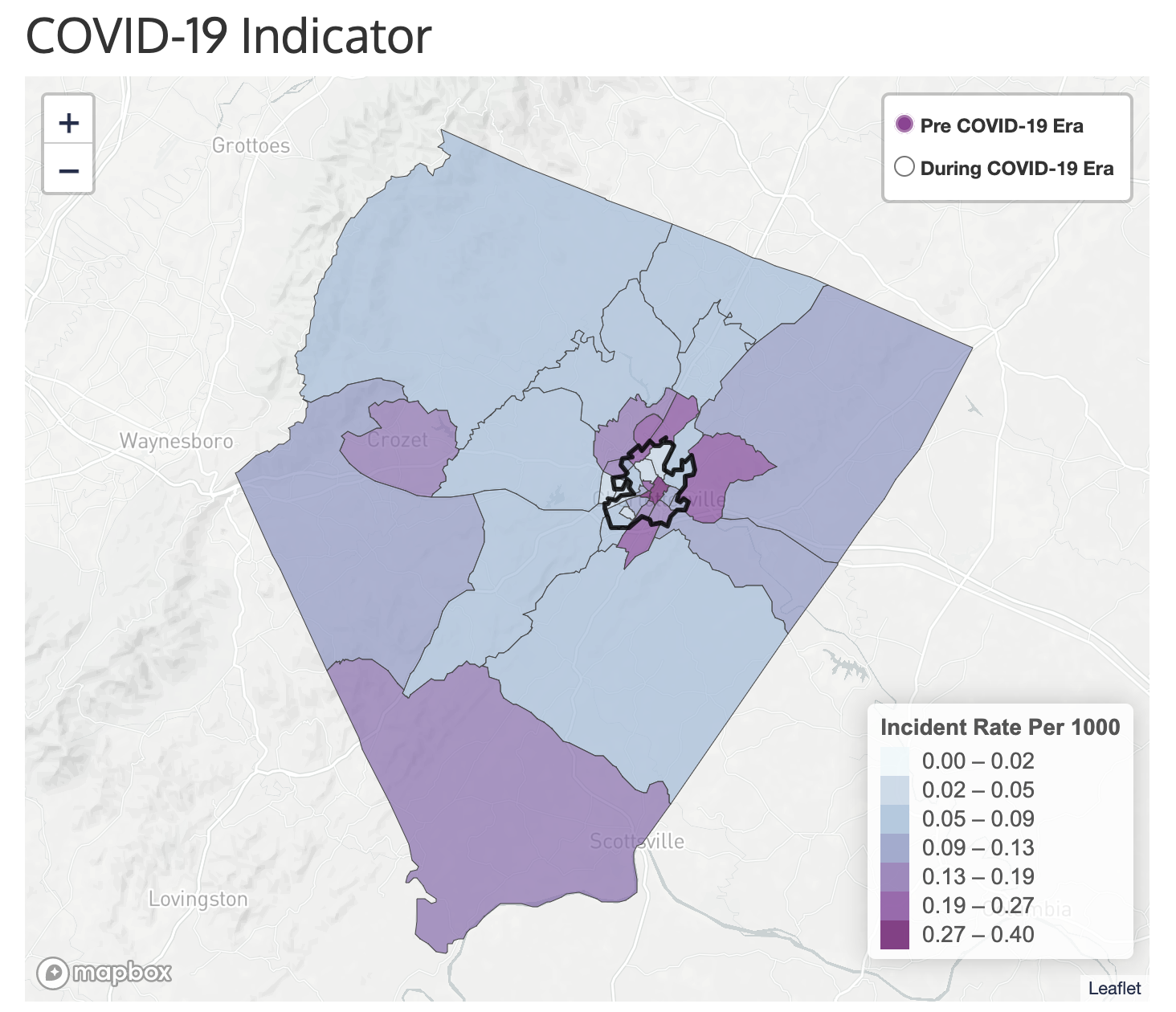Introduction to Data Science
Brianna Heggeseth
Introductions
As we gather, sit with people you don’t know well and introduce yourself (you choose what you share) to others at your table.
Here are some suggestions:
- Your preferred name (+ pronunciation tips)
- Aspects of who you are and have been (e.g. pronouns, geographical identity, cultural identity, hobbies/passions)
- Aspects of who you’d like to be (e.g. personal/professional/academic goals)
- How you are feeling about new semester (!?!)
Be prepared to introduce one other person to the larger class
Big Data

Data Science in Liberal Arts
The liberal arts setting provides an opportunity to synthesize lenses for data developed in the social and hard sciences, humanities, and fine arts
- Data Science applies these lenses to extract knowledge from data within a particular domain of inquiry and contexts such as
- educational policy making,
- ecological modeling,
- journalism,
- computational linguistics, etc.
Data Science Skills
Data Science Jobs
- Government agencies (e.g., NSA, CIA)
- Science institutions (e.g., NASA, NIH)
- Companies/divisions specializing in data analysis (e.g., IBM)
- Retail companies that have huge amounts of data and analyze it to drive business decisions (e.g., Amazon, Netflix, Target, Etsy)
- Other sectors: journalism, healthcare, biotech/genomics, NGOs, finance, insurance, gaming and hospitality, energy/utilities, manufacturing, pharmaceuticals
Data Science Projects
More Examples

Who am I
Prof. Brianna Heggeseth
[bree-AH-na] [HEG-eh-seth]

Who am I
Where I’ve Been
Introductions
Now, take a turn introducing another person in the class.
Course Details
- Learning Goals
- Community of Learners
- Course Components
- Communication
- Environment You Deserve
Learning Goals
Overall Learning Goal
Gain confidence in carrying out the entire data science pipeline,
- from research question formulation,
- to data collection/scraping,
- to wrangling,
- to modeling,
- to visualization,
- to presentation and communication
Learning Goals
Overall Learning Goal
Gain confidence in carrying out the entire data science pipeline,
Learning Goals
Overall Learning Goal
Gain confidence in carrying out the entire data science pipeline,

Learning Goals
By the end of the course, you’ll be able to:
- Appreciate the role of data science in a wide range of disciplines
- Identify, collect, and wrangle data from multiple sources
- Visualize a variety of types of data
- Find code online and adapt it to your given task
- Using iterative refinement and teamwork, take a data science project from concept to reality
- Communicate your results so that they’re reproducible and accessible for a broad audience
Community of Learners
Target Audience.
- No matter your statistics and coding background (no experience to expert) or major and interests, this course is for YOU!
Learn by doing.
- Learning by doing entails getting stuck, making mistakes, asking questions, and getting feedback.
Community of Learners
Collaboration.
- Working effectively in a group setting is an essential life skill that requires practice and demonstrably improves your learning
Community building.
- People learn best in community when they feel safe, seen, and cared about.
Course Components
Activities & Assignments
- In class activities (Notes + exercises) –> finish after class and turn in as assignments
- Opportunity to practice skills and dig deeper
Tidy Tuesday & Iterative Viz
- Regular visualization practice on new, real data
- Opportunities to iterate based on feedback
- Opportunity to engage with wider data science community
Course Components
Midterm Assessment
- In-class assessment of basic visualization and wrangling skills
- Important checkpoint before advanced tools + projects
Final Project & Presentation
- Group data science project
- Opportunity to showcase skills and learn new things on a real data set
Communication
Slack Channels: class-wide messaging platform for content-related questions
- General channel: class-wide announcements
- Content-specific class-wide channels: data-viz, troubleshooting, etc.
- Section-specific channels: section-1, section-2, fyc-community
- Study-group channel (optional): class-wide channel to seek classmates to work together outside of class
Email or DM in Slack: for anything personal in nature (e.g. illness, feeling overwhelmed, feedback, etc.)
Environment You Deserve
Macalester College values diversity and inclusion.
I am committed to a climate of mutual respect, free of discrimination based on race, ethnicity, gender identity, religion, sexual orientation, disability, and other identities, in and out of the classroom. This class strives to be a learning environment that is usable, equitable, inclusive, and welcoming.
To help support these goals, I expect you to follow the MSCS Community Guidelines.
These guidelines were created by the MSCS faculty and staff in our ongoing efforts to create a community that is more welcoming, supportive, and inclusive.
Environment You Deserve
Respect: regard the feelings, wishes, experiences, and traditions of others as individuals
Empathy: try to sense and understand others’ emotions and feelings
Start with Curiosity: don’t assume; instead, ask a question
Supportive Community: you are not learning in isolation but rather, in a community ready to help and assist each other
Let’s Get Started
Go to bcheggeseth.github.io/112_fall_2022/course-schedule.html
After Class
- Fill out Information Gathering Survey on Moodle under Surveys by Friday
Continue working through the activity:
- Try each line of code (copy and paste) in the console and then check solutions on activity online
- Complete Practice Section at the end and turn that in on Moodle (Assignment 1) by next Tuesday evening




